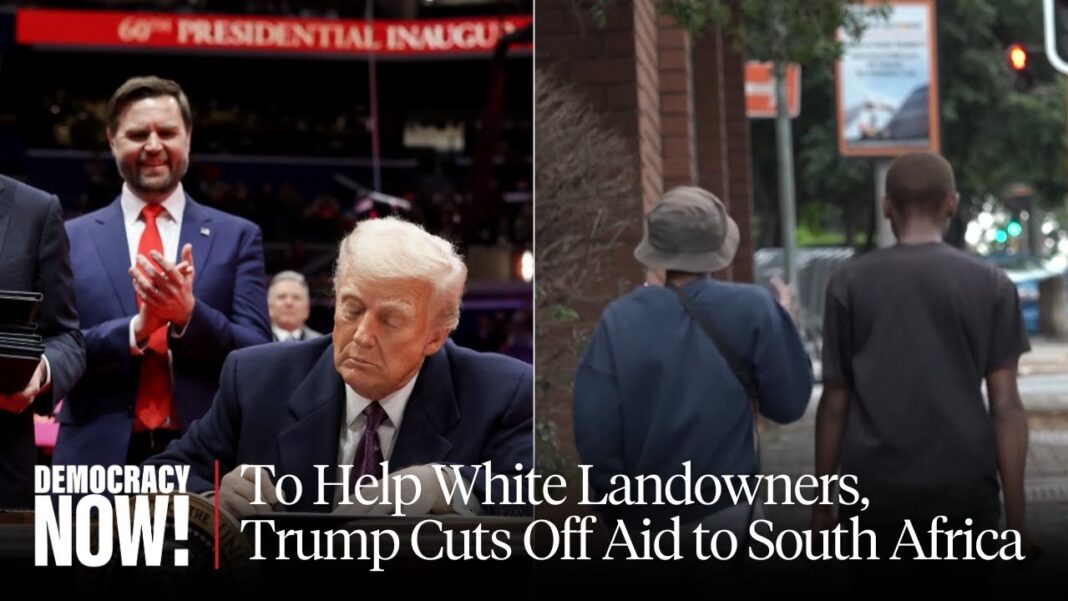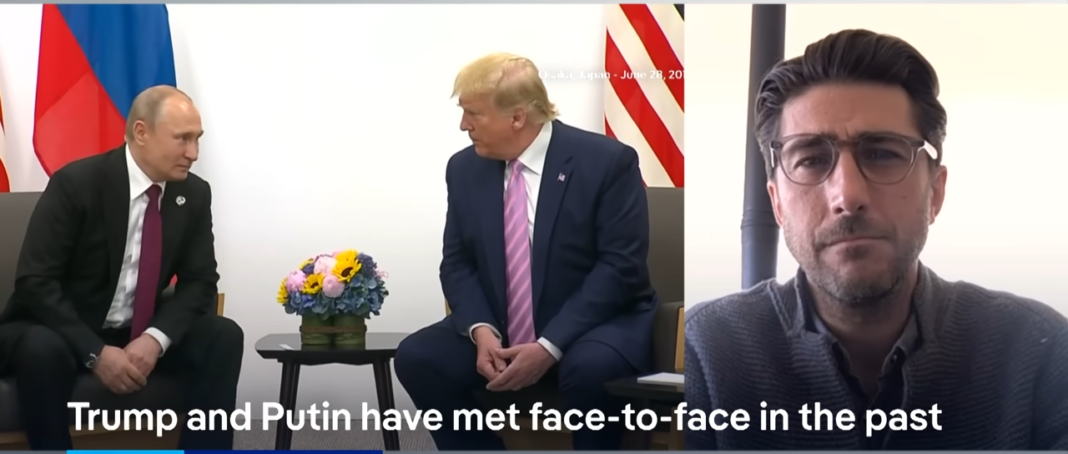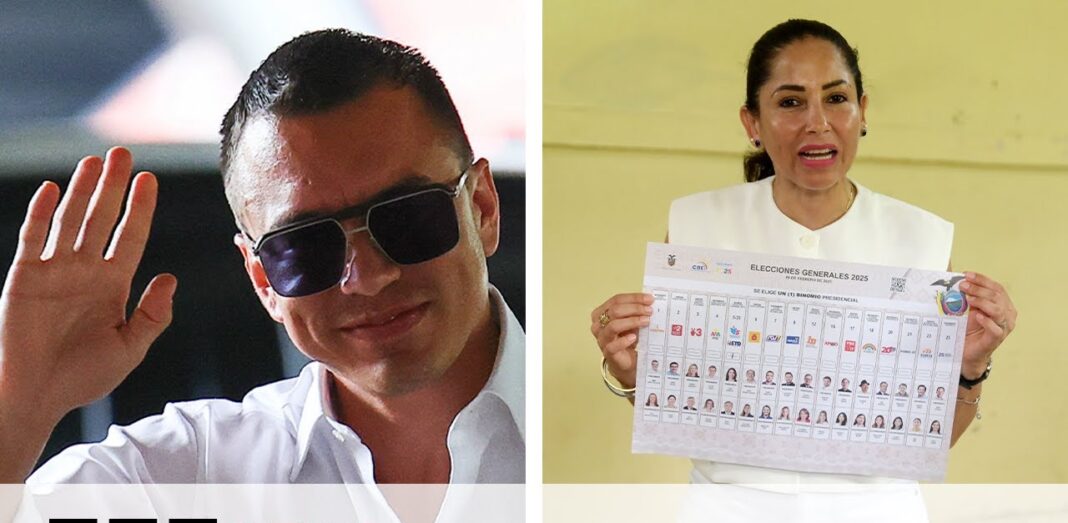Former U.S. President Donald Trump issued an executive order to freeze foreign aid to South Africa, citing alleged race-based discrimination against the country’s white population. This move has ignited debates about U.S.-South Africa relations, racial policies, and economic impact.
The Basis of Trump’s Executive Order
Trump’s order claims South Africa’s government is targeting white farmers under a land reform policy. He has criticized South Africa’s policies, arguing that the country’s white minority faces systemic discrimination.
Key points of Trump’s stance:
- White South Africans still own most of the farmland 30 years after apartheid ended.
- Some right-wing groups claim land expropriation is unfairly targeting whites.
- Trump’s order offers U.S. refugee status to Afrikaners who claim persecution.
South Africa’s Response to Trump’s Claims
The South African government has strongly denied Trump’s allegations. Officials argue:
- Land reforms aim to correct historic injustices and distribute land fairly.
- No policies promote race-based discrimination.
- Trump’s statements could damage diplomatic relations.
South African President Cyril Ramaphosa’s administration called Trump’s claims inflammatory and misleading. A top adviser dismissed the move as politically motivated.
The Political and Economic Impact of the Aid Freeze
The freeze on U.S. aid could have significant economic consequences.
Key effects:
- Reduced U.S. financial assistance for South African programs.
- Potential strain on U.S.-South Africa trade relations.
- Increased political tensions between the two nations.
South Africa relies on U.S. investment and aid for various sectors, including public health and economic development. The aid freeze may hurt local initiatives and affect international funding confidence.
The Role of Right-Wing Lobby Groups
Trump’s decision has gained support from right-wing groups who advocate for white South African refugees. These groups claim discrimination against Afrikaners, pushing for U.S. intervention.
However, critics argue:
- Trump’s move is a political gesture to right-wing supporters.
- The situation in South Africa does not meet international refugee crisis standards.
- U.S. intervention could set a dangerous precedent in global diplomacy.
Future Predictions and Strategic Considerations
Trump’s policy decision raises key questions about U.S.-South Africa relations and global racial politics.
Potential developments include:
- Stronger diplomatic pushback from South Africa and its allies.
- Economic shifts as South Africa seeks alternative aid sources.
- Increased political debates in the U.S. over racial policies in foreign diplomacy.
- Potential legal challenges to Trump’s order on refugee status.
- Further global discussions on land reform and historical inequalities.
Trump’s actions may reshape U.S.-South Africa relations, creating a lasting impact on diplomacy, trade, and international policies on racial justice.
Disclaimer
This article is based on publicly available reports and expert analysis. The claims made by Trump’s administration remain controversial and subject to ongoing debate. Readers should refer to official sources for further updates.
Dr. Noah Alvarado is a global economist specializing in international trade policies and macroeconomic analysis. His research has been published in prominent journals.




